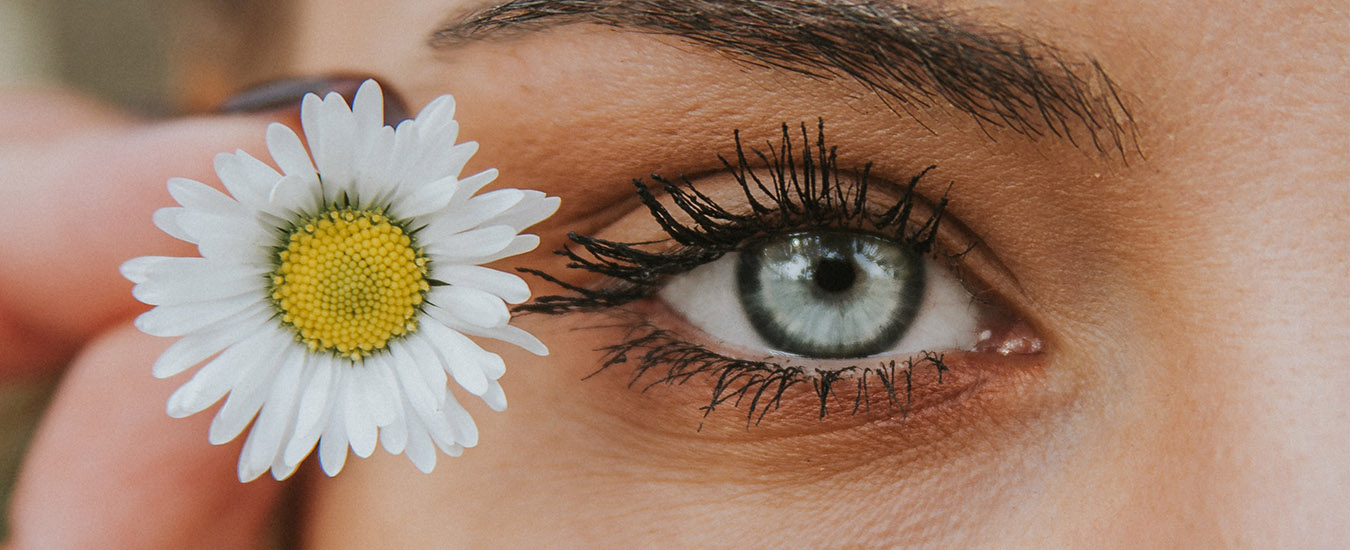Acne and Its Relation to Dairy
Acne are those annoying skin breakouts which occur due to clogged pores. Skin pores can be clogged due to bacteria, dead skin cells and many other reasons resulting in blackheads, whiteheads, acne and cysts. Acne is a common skin condition that can be taken care of in time if you consult a dermatologist at the inception.
Acne and your diet
We all have heard of the term – ‘You are what you eat.’ While it is mostly referred to in case of weight issues, it is also a no-brainer that what we eat impacts the quality of our skin.
Fruits, vegetables and good fats are known keys to healthy skin. But one food category – dairy, has been garnering a bad reputation over the last couple of years.
It is being blamed for various conditions like acne, and indigestion to name a few. There is no doubt that acne problems have increased in the last couple of years, but so has the consumption of dairy.
Milk has been a huge part of our life, especially Indian culture. Whether we take it in the form of our daily dose of tea and coffee or in the form of yoghurt in a smoothie, the dermatologists at Meraki Skin Clinic in Gurgaon believe that it could be a major cause of skin concerns.
What does the research say?
Many types of research and studies have suggested that acne can be aggravated with dairy consumption. Dairy cows are often treated with artificial hormones to increase their milk supply.
When we consume milk, we also consume these hormones which can lead to a hormonal imbalance in our body leading to triggering acne. Some studies also suggest that skimmed milk is more prone to triggering acne, which implies it is not the fat that has been blamed for years.
Why blame the dairy?
-
Milk additives
If we consume milk, we often combine it with other products like refined sugars and processed cereals which can disrupt the insulin levels in the body leading to breakouts.
-
IGF -1
Cows are producing milk to feed their babies and make them grow. The protein content in milk hence stimulates the growth in calves. This same protein stimulates hormones similar to IGF-1 in humans when milk is consumed. This is one of the reasons that can cause breakouts.
Many times, the hormones present in milk can also interact with hormones present in our body. This confuses the endocrine system in our body and causes acne.
-
Lactose
Milk contains a natural sugar called lactose. It is a hard-to-digest component and a major percentage of the population cannot digest this sugar, leading to lactose intolerance. So, if you are getting acne due to dairy consumption, your lactose sensitivity may be the one to blame.
-
Milk hormones
Milk contains the hormone – Androgen which has been linked to acne breakouts and many other skin conditions. Testosterone is one such hormone known to cause pimples in adolescents.
These testosterones cause a chain reaction in the human body creating a hormone called DHT which stimulates the skin glands making skin oilier. Oily skin tends to make more oil secretion, causing the pores to block and in turn cause acne and pimples.
Should you quit dairy?
While there are strong pieces of evidence that suggest dairy is a leading cause of concern when it comes to acne, it needs more scientific experiments and research to prove the same.
While the connection might be there between acne and dairy consumption, researchers are yet to find out if eliminating dairy can improve acne. Also, even though there are various soy and almond-based dairy substitutes, you must consult with your doctor before completely eliminating dairy from your diet.
What to do if you get acne?
Who doesn’t want smooth, dewy skin? But acne is a common condition and can impact anyone. So, if you see mild acne flaring up, there are certain things you can do at the inception to help soothe them:
-
Avoid oil-based beauty products and cleansers
Use a water-based make-up remover and oil-free cleanser instead. This will help you keep your skin dry and clean so your pores can breathe and heal.
-
Do not prick or squeeze the acne
While you may want the acne to go away before the upcoming party, it is better to let it heal on its own. Pricking and squeezing may produce more bacteria and can slow down the healing. It can also leave scars and blemishes on your skin.
-
Maintain overall hygiene
It is essential to wash your face twice a day and after sweating or exposure to sun and pollution. Also, do not imply maintaining hygiene as scrubbing your skin excessively and harshly!
When to see a doctor?
If you feel your acne is flaring up and not responding to self-care, make an appointment with your doctor. The dermatologists at Meraki Skin Clinic in Gurugram can help you with the best treatment to get rid of your lingering woes.
Getting effective and personalised treatment can help reduce the risk of scarring and flaring up.
Do not attempt over-the-counter treatments by hearsay or tips given on the internet by incompetent individuals. Doing so can worsen the problem and make you spend more time, energy and money at a later stage.
The treatment suggested by a deft dermatologist can offer you the best results. For severe acne conditions, your dermatologist can also suggest procedures like Chemical Peels, Comedo Extractions and Corticosteroid Injections.
Summing it up
While there may be a valid link between acne breakouts and dairy consumption, eliminating dairy from your diet completely may not completely eliminate the acne breakouts. So, its prudent to consult with a doctor before rushing to a conclusion.
You can visit Meraki Skin Clinic in Gurugram to seek expert consultation for all your skin issues. The experienced and adept team of dermatologists at the clinic shall guide you well and suggest the best line of treatment consenting to your skin type and prevailing issues.
Now no need to search for answers online anymore, We have got you covered! Call us at +91-8448407278 for online consultation with Expert at Meraki and get the solution of all your skin and hair concerns.





